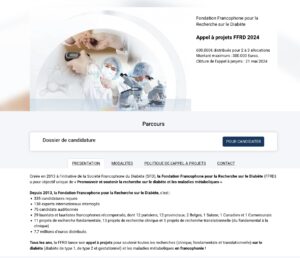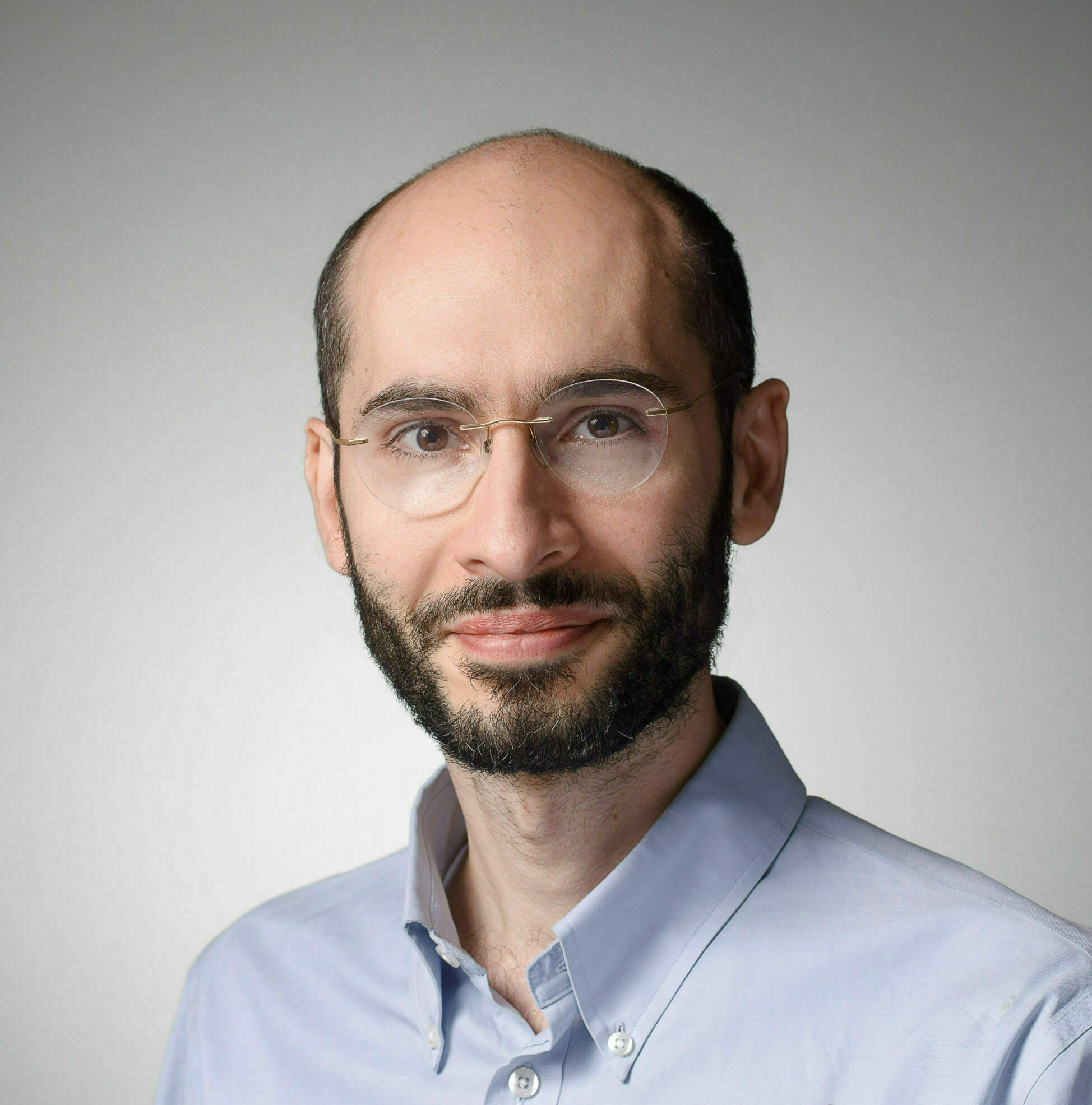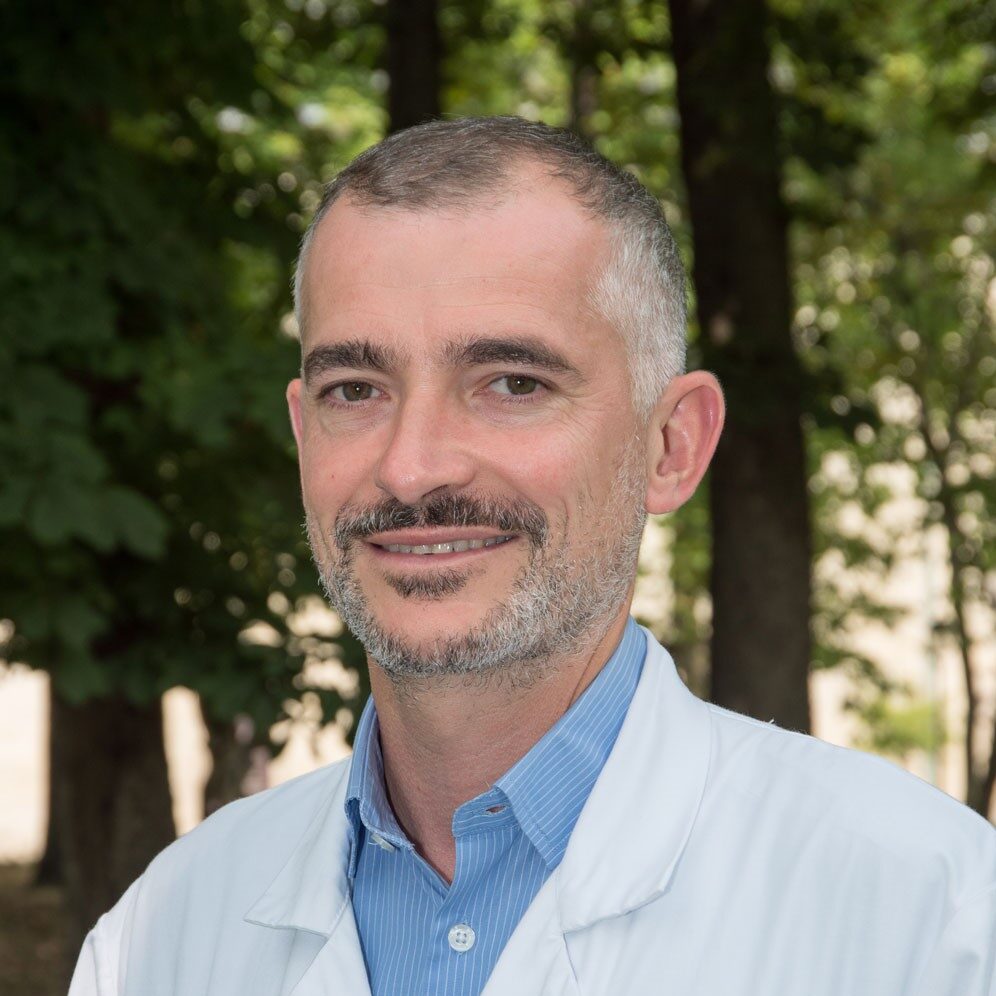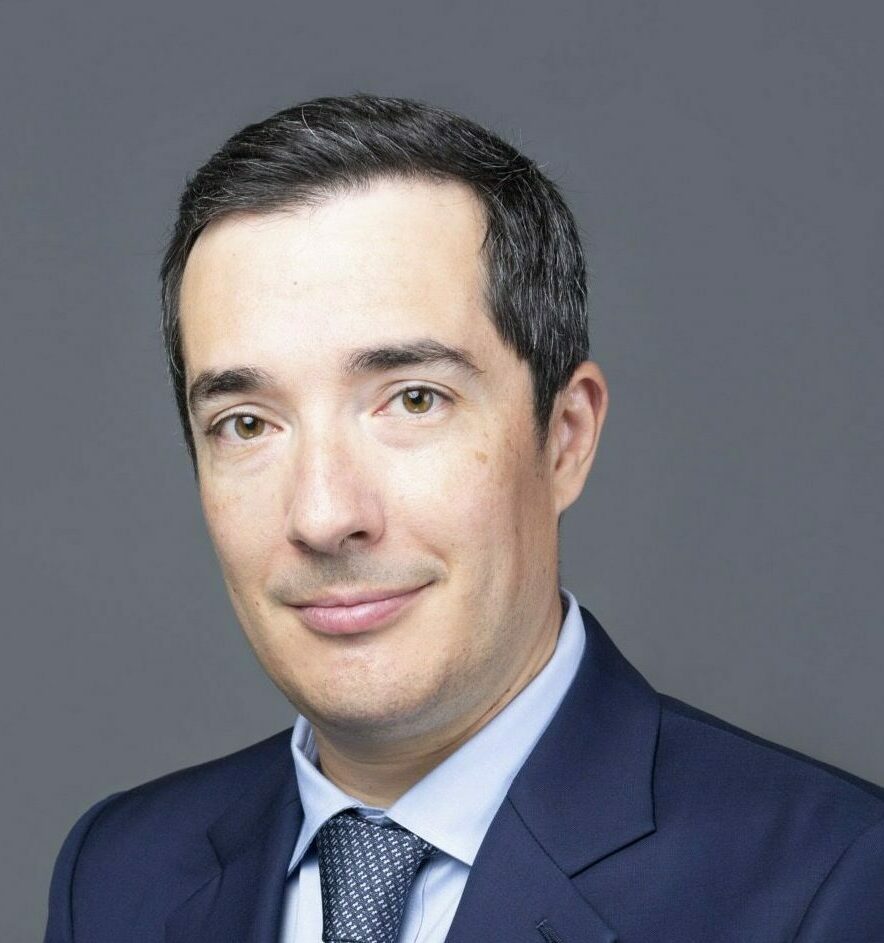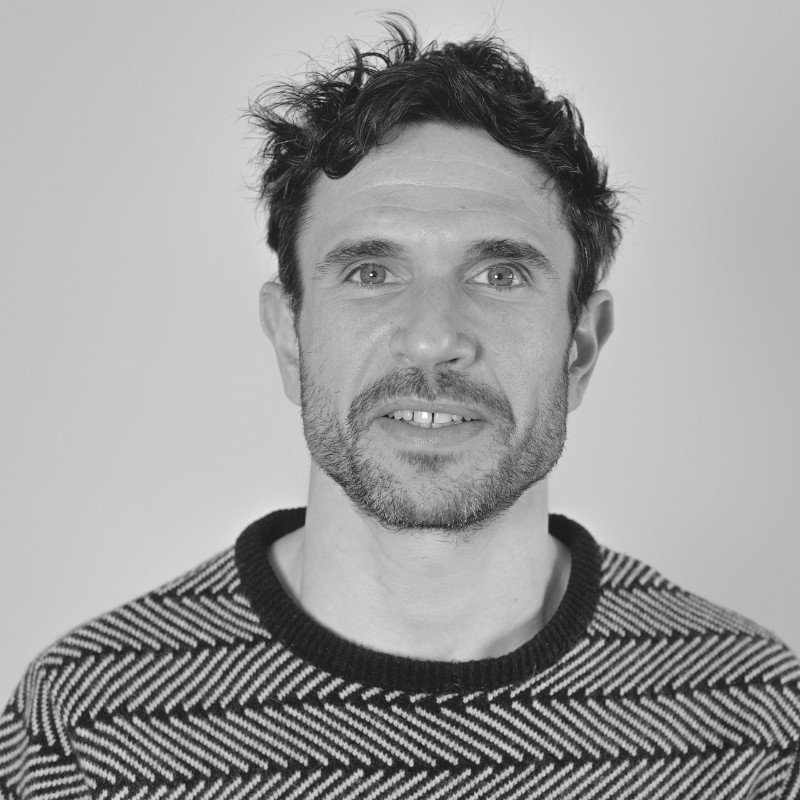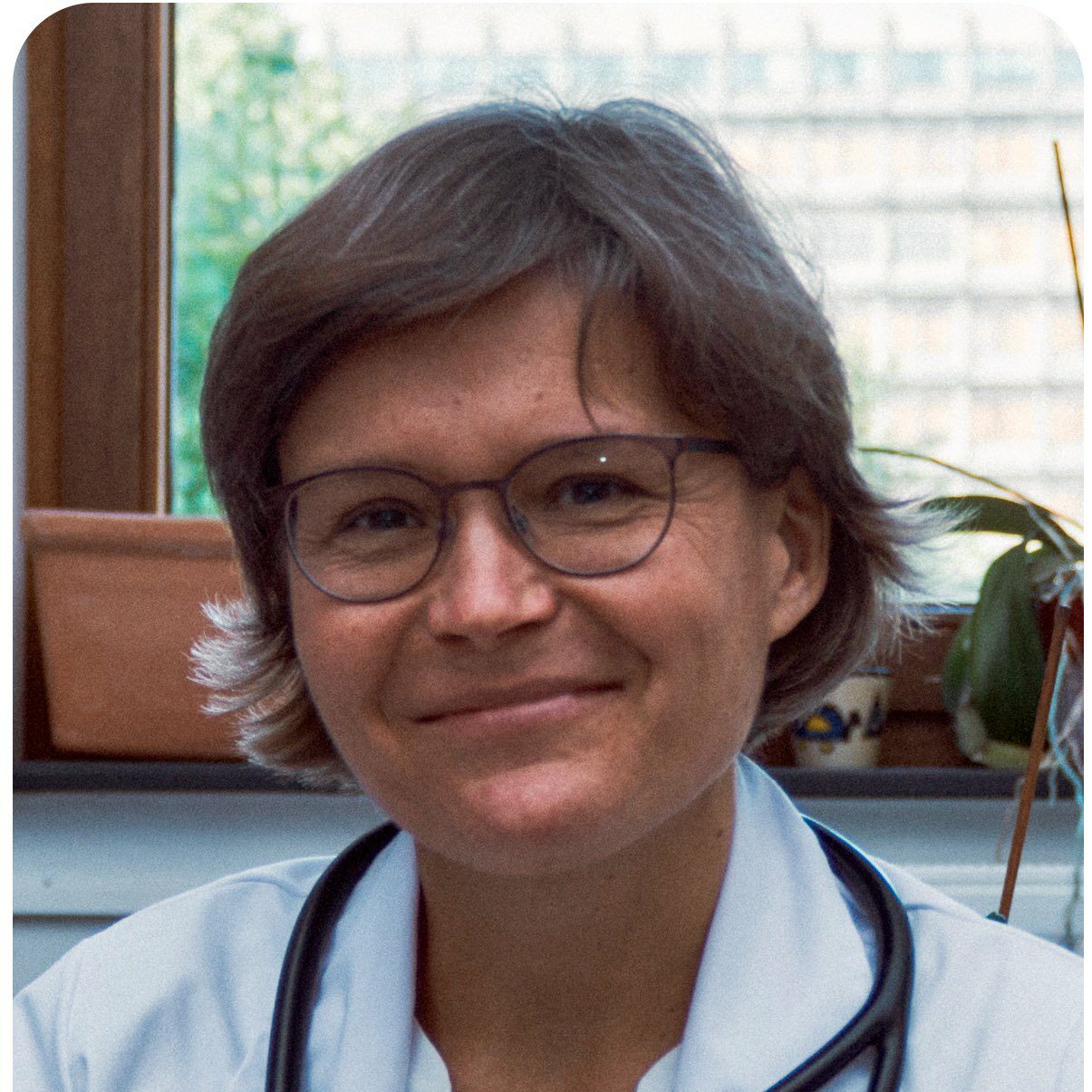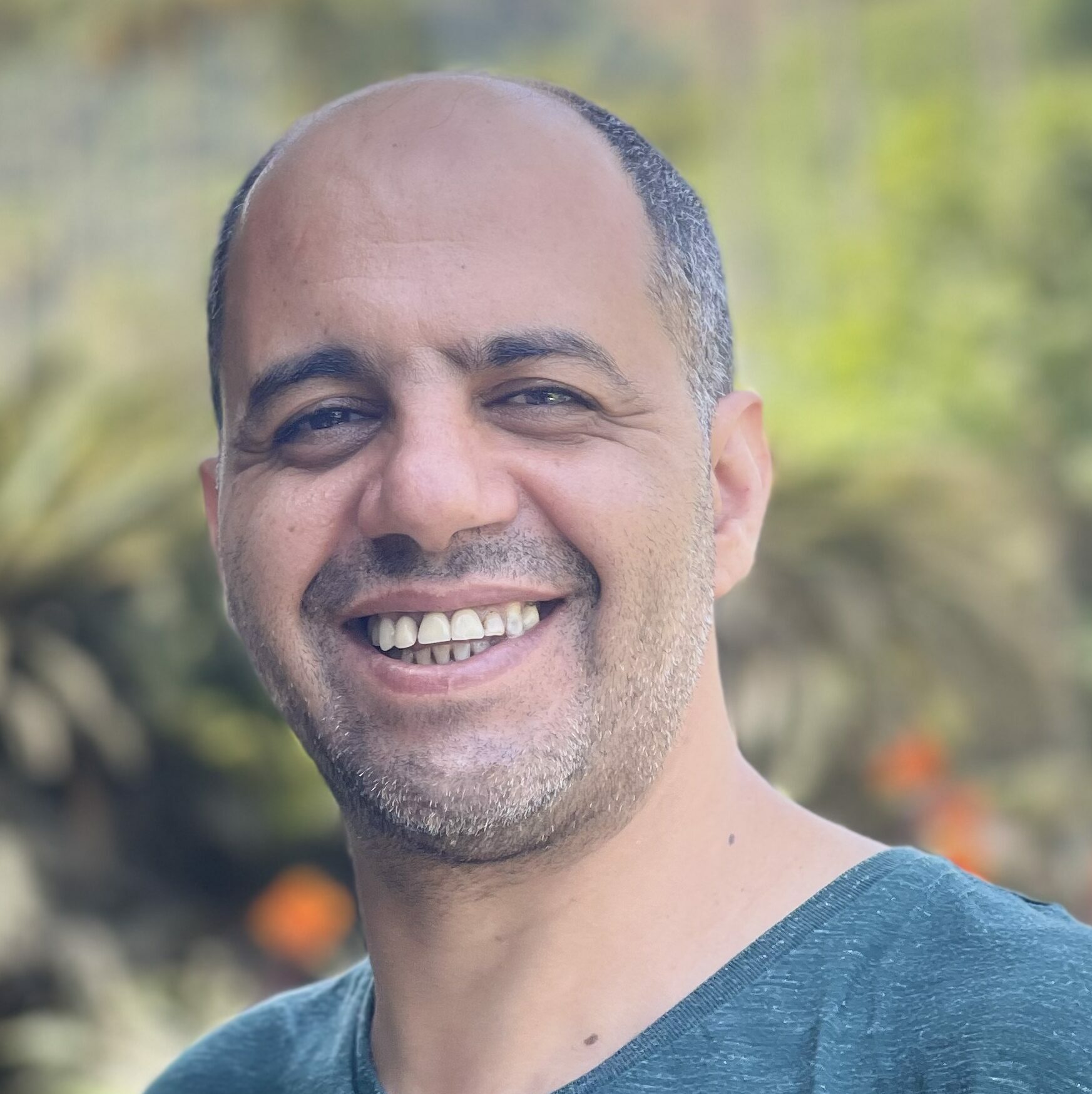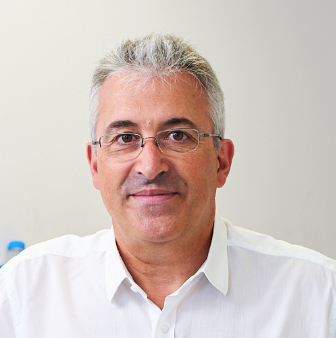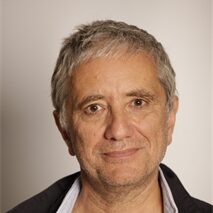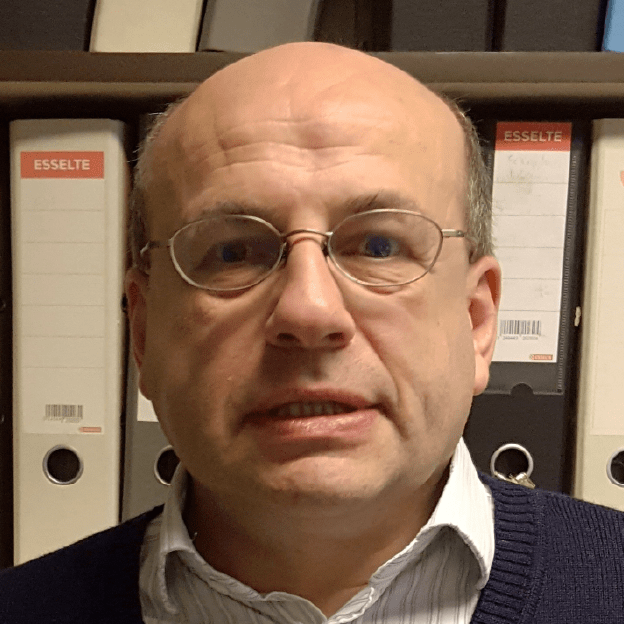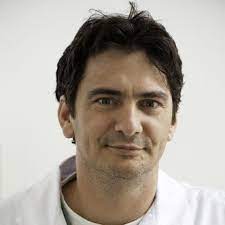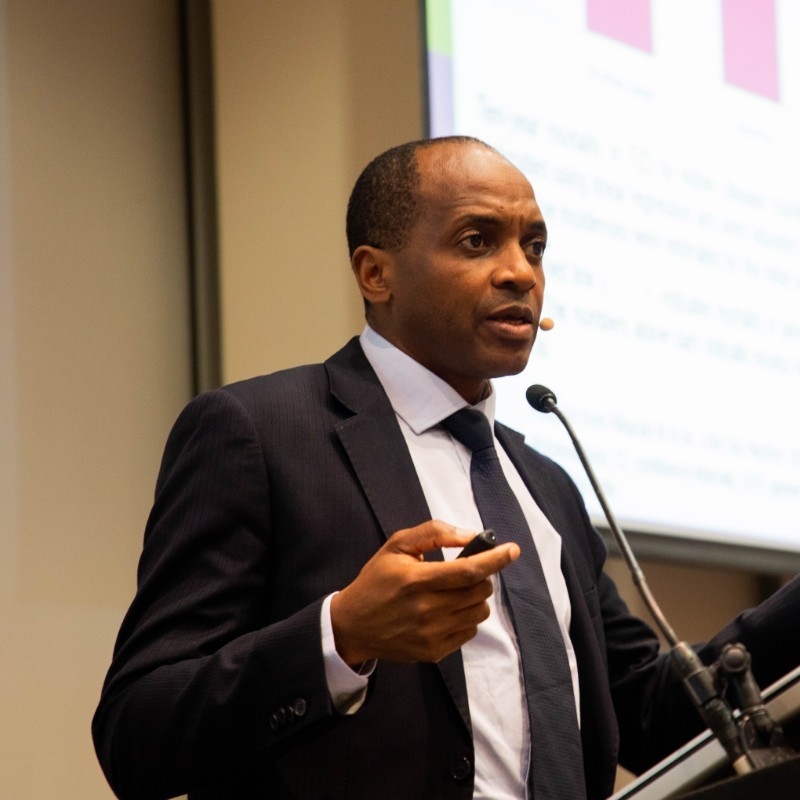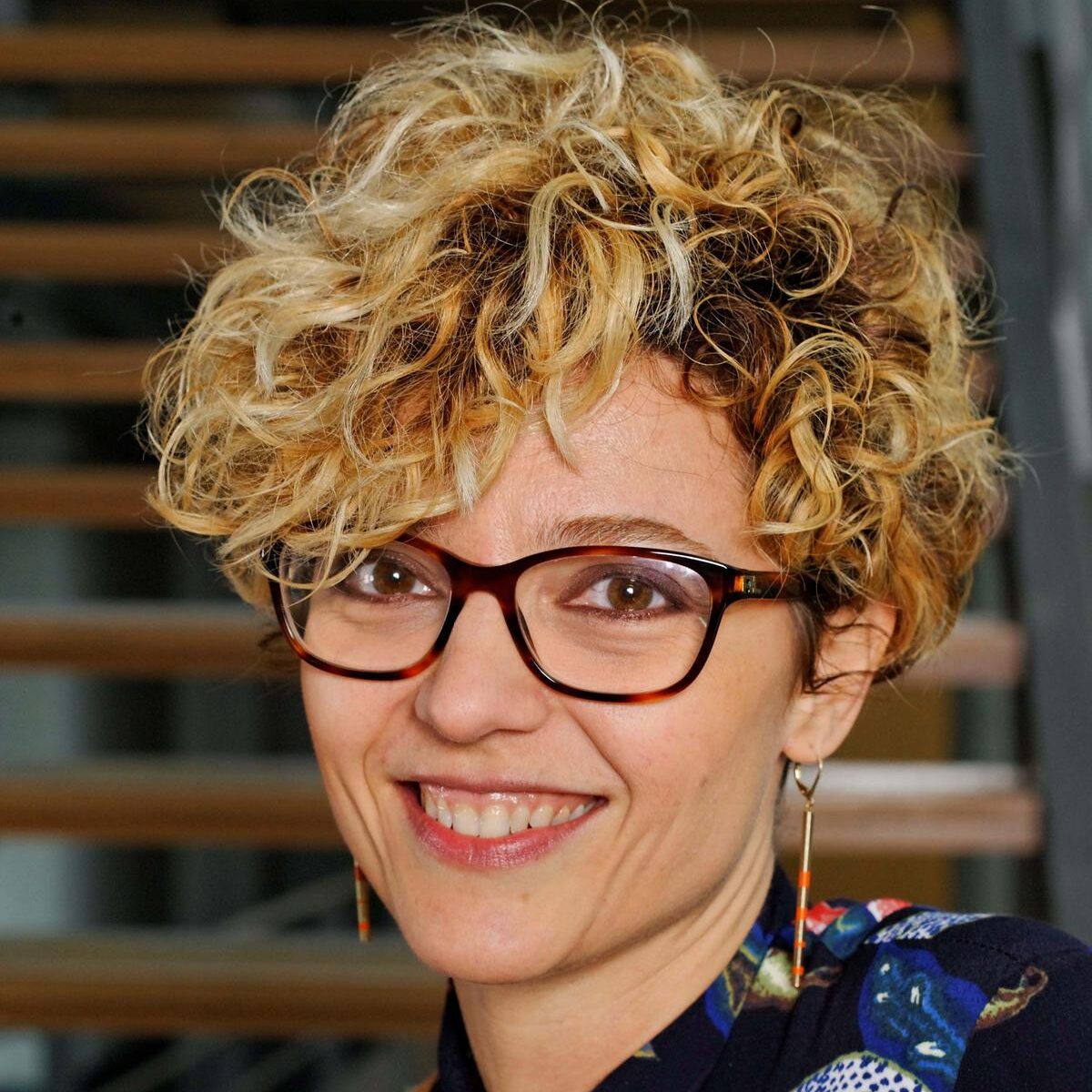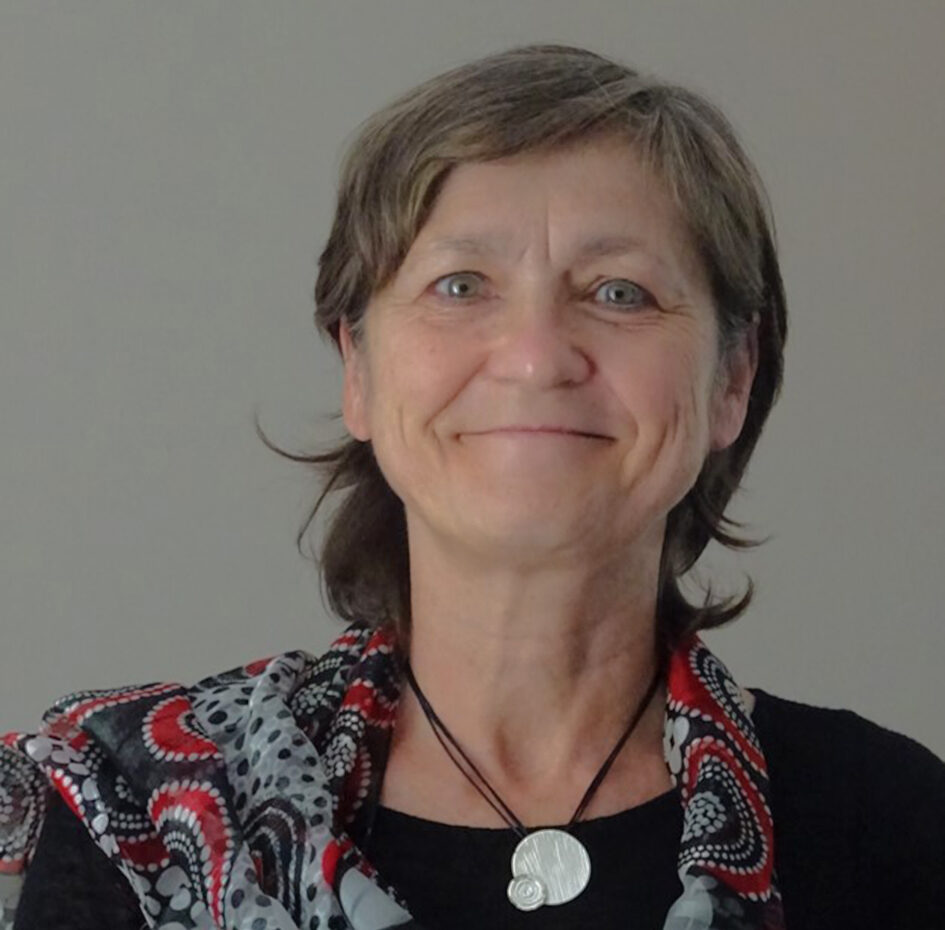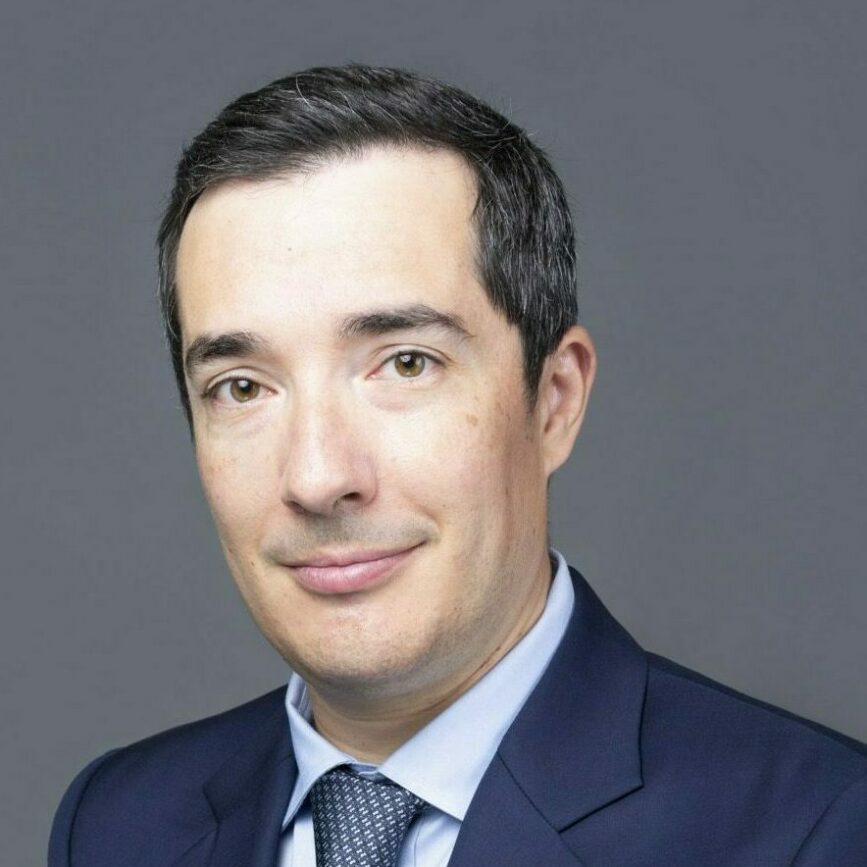The FFRD is proud to allocate over 80% of its expenses to research and is pleased to support high-quality research in francophone diabetology for over a decade.
The basic research projects funded by the FFRD have addressed major themes related to both type 1 diabetes and type 2 diabetes, such as:
- The protection and replacement of pancreatic beta cells,
- Molecular mechanisms contributing to insulin resistance,
- Implications of other key organs: the liver, adipose tissue, intestine,
- The contribution of the microbiota to metabolic diseases.
The clinical research projects, on the other hand, have addressed themes related to type 1 and type 2 diabetes, as well as gestational diabetes. They involve large multicenter cohort clinical studies, and their investigations are more mechanistic and/or interventional.
Several of the projects funded by the FFRD have specifically studied:
- The role of the intestine and the microbiota
- The role of epigenetics
The research projects supported by the FFRD complement the projects led by the SFD (French Society of Diabetes). These are large-scale, internationally oriented projects that primarily meet five criteria: scientific originality, feasibility, financial adequacy, scientific relevance of the project and international competitiveness.


